Egypt is making final preparations to reopen the Rafah border crossing with Gaza, security sources confirmed Friday.
Preparations are being made on both sides of the border to pave the way for the trucks to enter easily into the Gaza Strip, in anticipation of its reopening, senior sources said.
The move aims to facilitate the delivery of humanitarian, medical and food aid to Gaza, the sources added.
Dozens of trucks carrying aid are already positioned on the Egyptian side, ready for immediate transfer once the crossing is operational.
On Wednesday and following more than 15 months of Israeli attacks in the Gaza Strip, Israel and the Palestinian resistance group Hamas agreed to a cease-fire in the Gaza Strip and the release of more hostages in exchange for Palestinian prisoners.
The cease-fire was planned to take effect on Sunday, though it remained unclear whether this timeline could be met. It is initially set to last for 42 days.
During this time, 33 of the 98 hostages still held by Hamas are to be returned – though it is unclear how many of them are still alive.
In return, hundreds of Palestinian prisoners are expected to be released from Israeli jails.
Khaled Zayed, head of the Egyptian Red Crescent in North Sinai, confirmed to dpa that no humanitarian aid was sent through Kerem Shalom on Friday, which is still closed.
Israel’s army had occupied the Rafah border crossing on the Palestinian side in May last year.
Following the announcement of a cease-fire between Israel and Hamas in the Gaza Strip, the U.N. World Food Programme (WFP) called for unrestricted access to deliver urgently needed food and aid to the region.
According to the WFP, about 80,000 tons of food is waiting outside Gaza or en route, which is enough to feed more than 1 million people for three months.
According to U.N. figures, more than 90% of the 2 million residents in the Gaza Strip are suffering from severe hunger due to Israel’s blockade and attacks. There is also a lack of drinking water, emergency shelters and medicines.

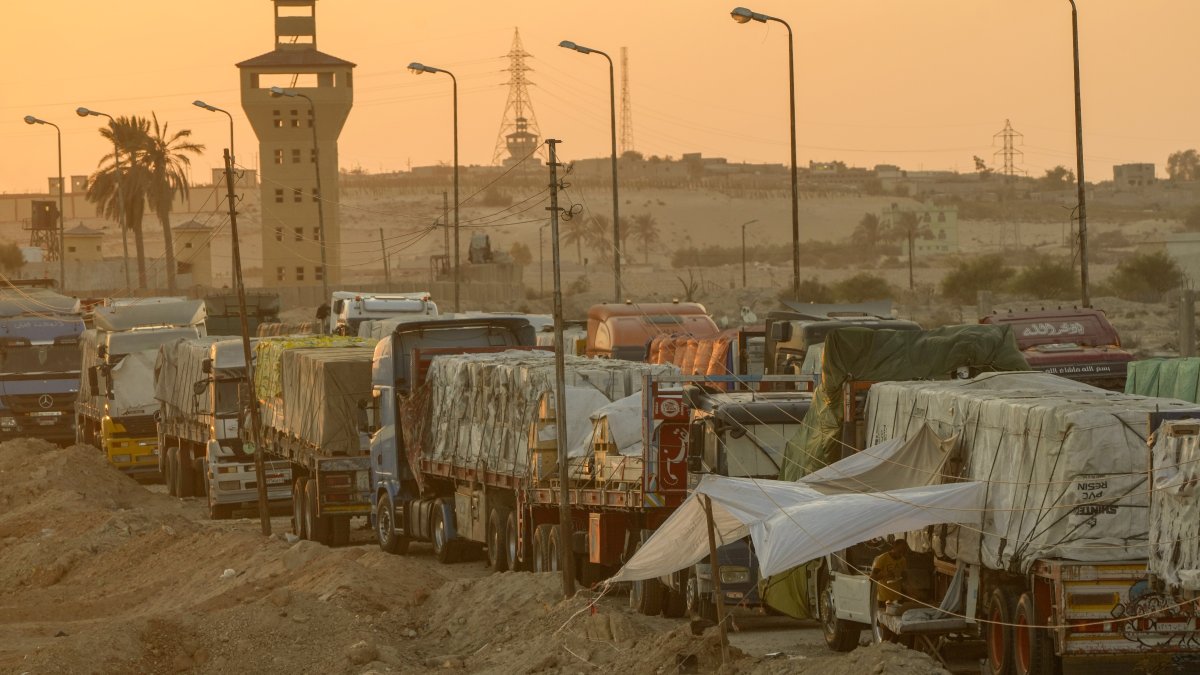
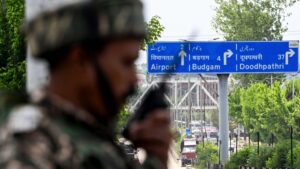
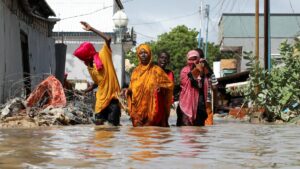

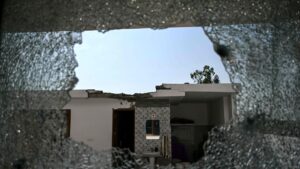

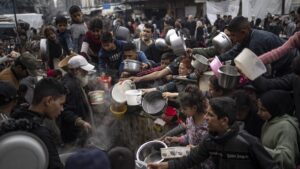



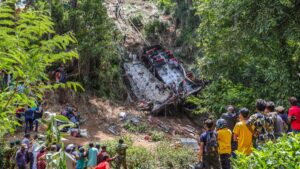

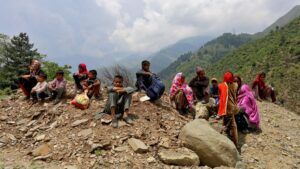
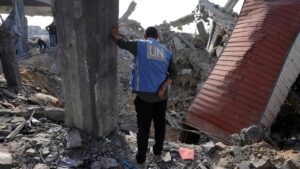

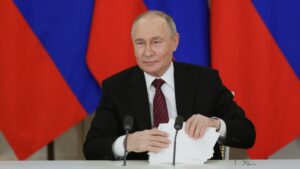
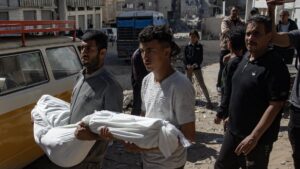


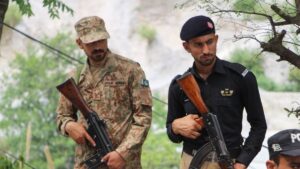
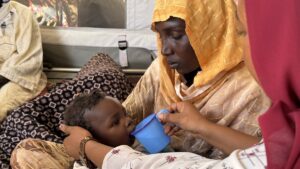


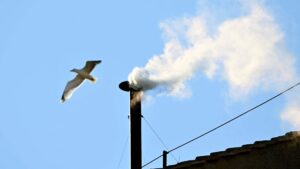



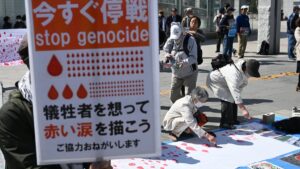
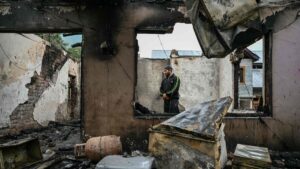


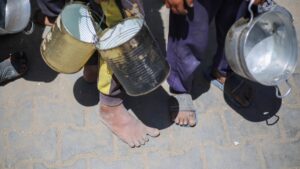
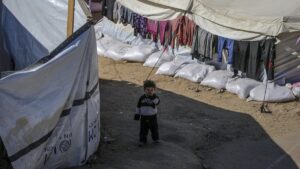
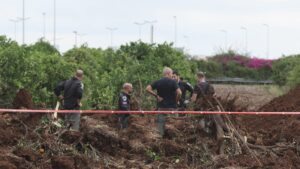


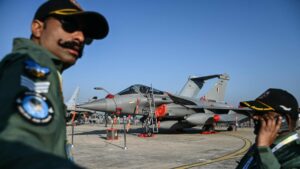






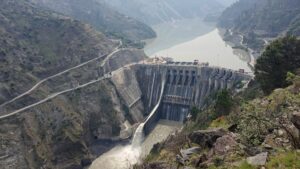
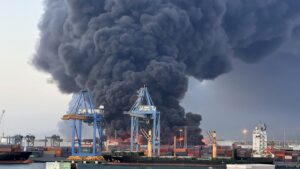

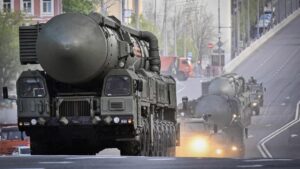
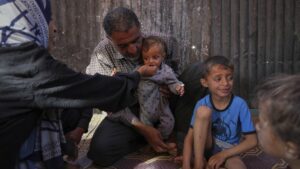

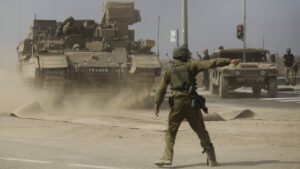

Be First to Comment